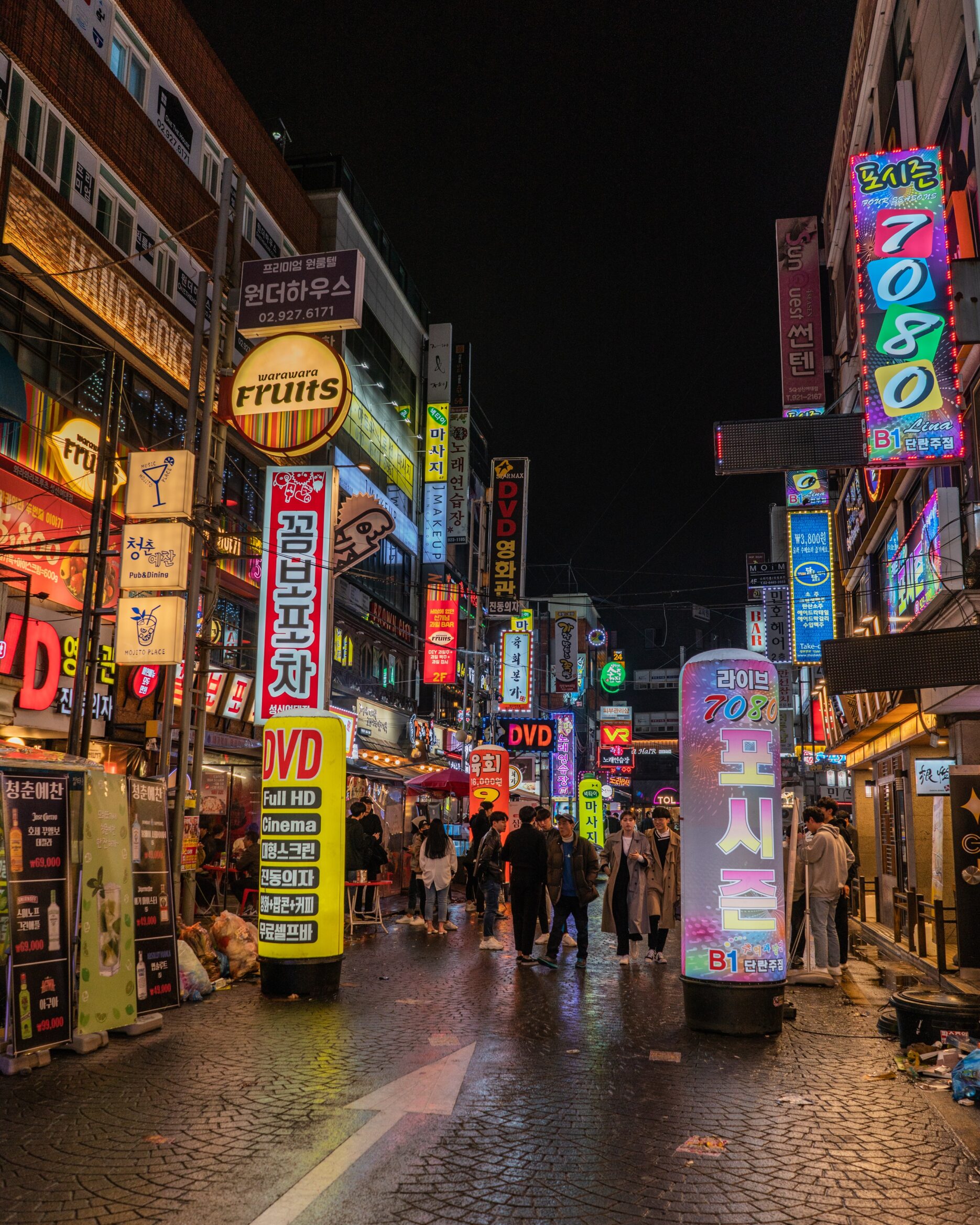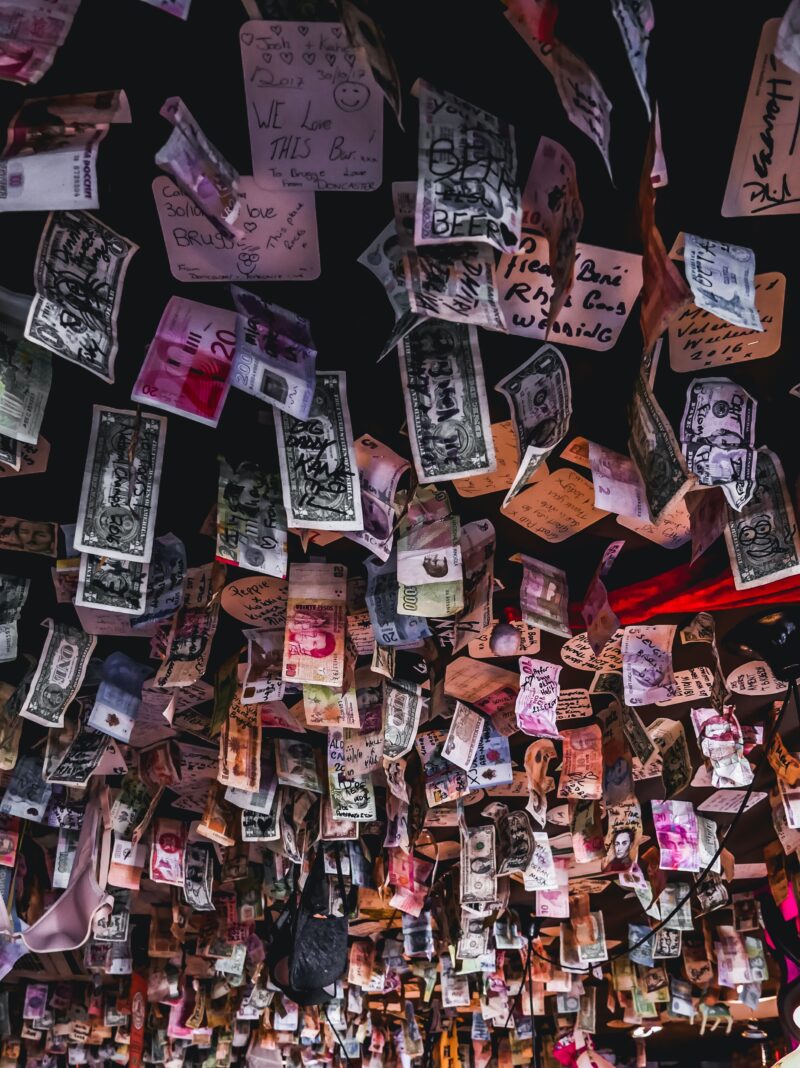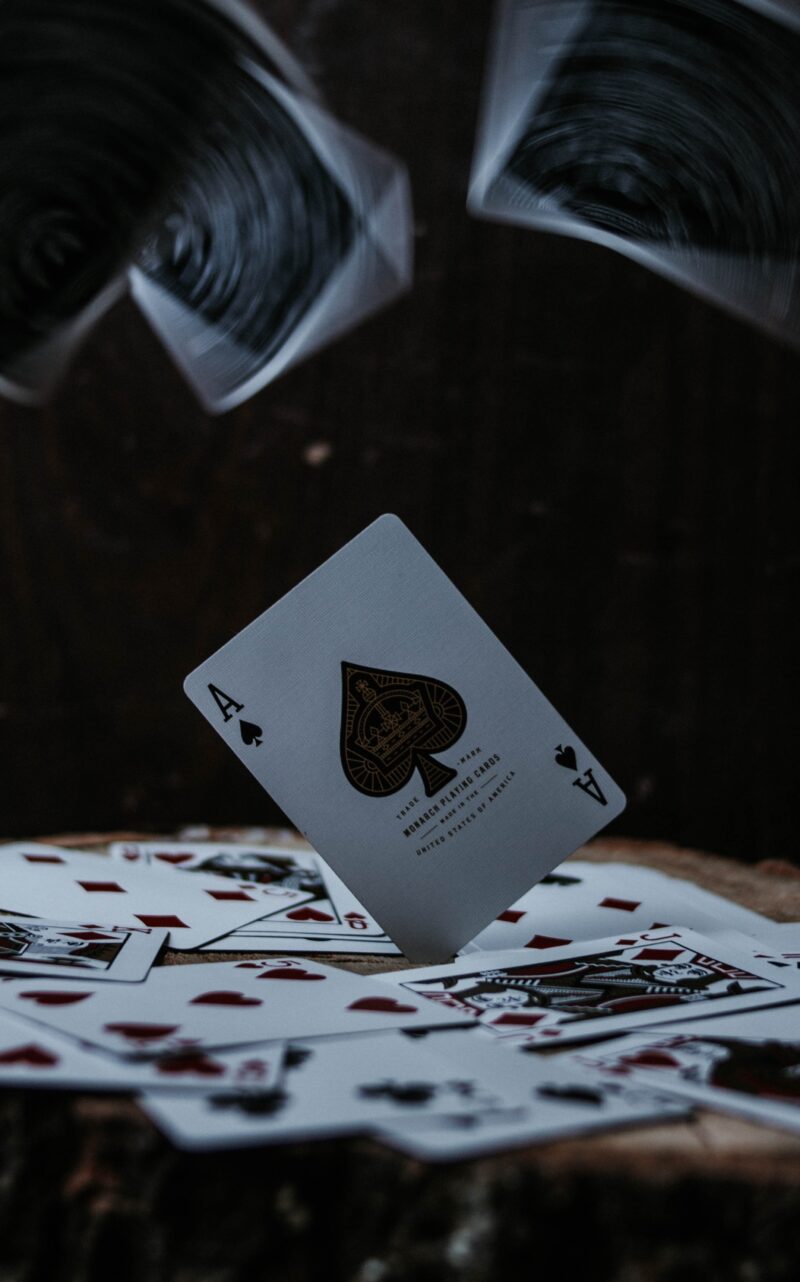In the vibrant city of Seoul, there are many districts. The city has been divided into these districts and each district, called gu in Korean, has a different reputation. One such district, Gangnam, has a far-reaching influence. As I mentioned in the last post, the kpop song Gangnam Style brought kpop to the wider world. The flashy and almost obscene outfits in the music video do not exactly portray the lives of those who live in Gangnam but it is a good portrayal of the flashiness of Gangnam. The district is known for its rich inhabitants and luxury shops. In South Korea, it is well understood that someone who lives in Gangnam is someone who comes from much wealth. Within Gangnam, the district is split up even more as there are different neighborhoods with even more fractured reputations. The neighborhoods, called dong in Korean, represent the wealth and flashiness of the place. Some neighborhoods are known for their luxury high-rise apartments and others are known for their high-end shopping.
This sounds very familiar… hopefully. In Fitzgerald’s book, the flashiness of the wealthy can be seen everywhere. The divide between the newly rich and the generationally blessed can be seen especially in this regard. The generationally blessed do not feel like they need to show off anything. Their money is so old to them that they are used to it. The newly rich on the other hand, show off at any chance. Jay Gatsby is extremely susceptible to this. While his intentions for his wealth are more above ground, his inability to keep his wealth quietly to himself proves to be a flaw. Some might even argue it contributed to his death.
I began this post with Gangnam and Gangnam Style. I will once again return to Gangnam. The people in Gangnam are known for not just wealth but also their want of beauty. Gangnam has been called the capital of plastic surgery by some. So the idea of beauty, natural or unnatural, is something that is valued in Korea. It probably can be said that is valued everywhere in the world. This idea is not new either. Fitzgerald speaks of beauty in the sense that beauty can be projected into what one is wearing. He talks about fashion in many chapters. Fashion is not the only thing that reflects the wealth of the book. The preparation for Gatsby’s parties also shows this off. Take this excerpt for example:
“Every Friday five crates of oranges and lemons arrived from a fruiterer in New York—every Monday these same oranges and lemons left his back door in a pyramid of pulpless halves.”
The Great Gatsby Chapter 3
This might seem meaningless but that is a lot of fruit and takes a lot of money to purchase that fruit. Especially at the rate that Gatsby throws parties, he buys this much fruit very often. To relate this idea to South Korea, Gangnam Style includes lyrics about a food/drink item.
Based upon the lyrics according to the website linked below, there are many lines about coffee. Coffee seems like a weird thing to make mention of so many times but there’s another meaning to this. One such line is: “A classy girl who knows how to enjoy the freedom of a cup of coffee”. In Korea, people spend exorbitant amounts of money on coffee from coffee shops. This represents the wave of new money that has come into Gangnam. People spend a lot of money on coffee because it’s flashy and everyone in Korea knows it is expensive.
The idea of wealth and class perpetuates throughout time as it can be seen in Fitzgerald’s world in the 1920s and modern-day South Korea. Both places also have a plethora of people who are old money and new money. New money people are extra flashy and show-offs with their possessions. While Fitzgerald writes about the materialism of the extravagant sort, Psy sings about more low-key materialism in the sense that these people buy things that are considered expensive but not exclusive. Both seem to be warning about the dangers of materialism as it has become a huge part of the culture in their respective areas. Wealthy people are careless with their money. But there is also this shift brought on by new money people towards flashiness rather than private wealth.




